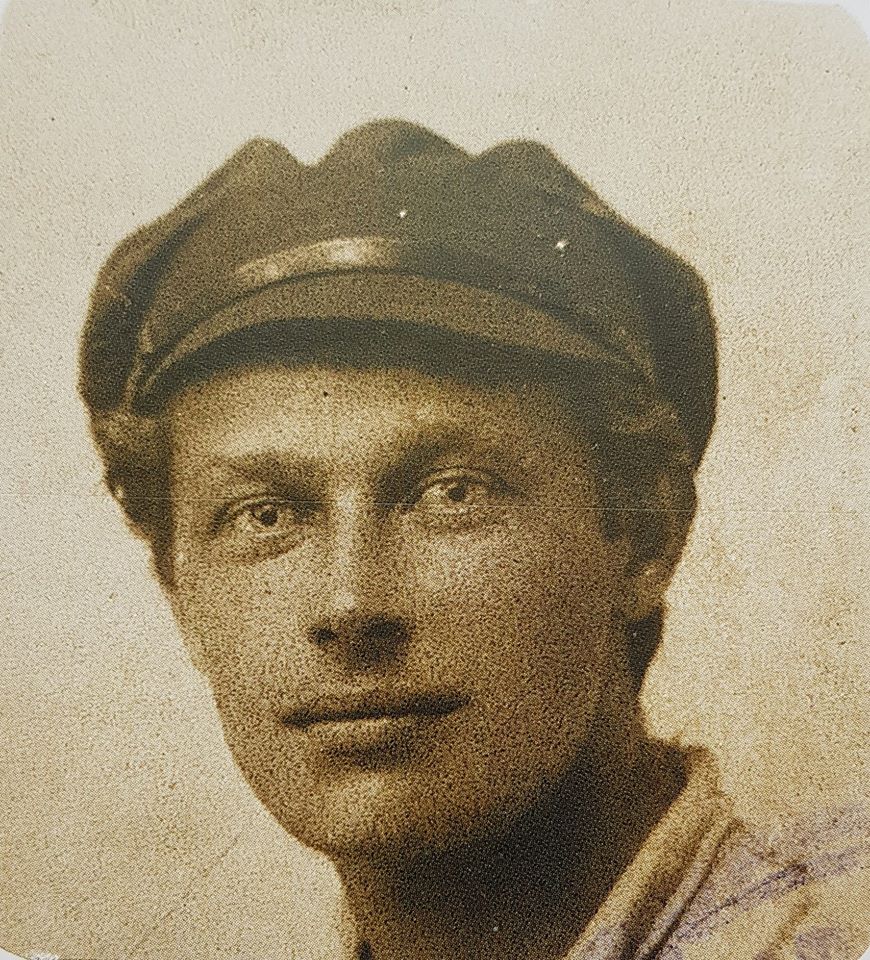
1897 – 1994
In 1911-1915 he studied in the Kharkiv arts and crafts workshops (teacher Ladislav Trakal). During 1915 -1918 – at Kharkiv Art University (teachers O. Kokel, M. Pestrykov, O. Liubymov).
In 1915 he began working in the theater as an assistant decorator, from 1916 he independently designed performances.
From 1918 he worked in the theaters of Odessa and Kharkiv. He collaborated with the Kharkiv Chervonozavodskyi Theater, T. Shevchenko Ukrainian Drama Theater, Kharkiv TUZ.
In his performances, Kosarev could be a cubofuturist, a constructivist, a suprematist, a realist, a romantic, and even an eclectic or postmodernist at the same time. His ideas resonated with the search of the German Bauhaus.
Kosarev is one of the “fathers” of the Kharkiv school of scenography. His most outstanding works in the spirit of the avant-garde were made for the plays “Hubeane” by R. Pobedymskyi, “Marko in Hell” by I. Kocherga and “For Two Hares” by M. Starytskyi, etc.
Art critic Dmytro Horbachov: “Success in art can be achieved through two categories – wit and immodesty. It is in Borys Kosarev’s work that immodesty and wit are very noticeable, but it is the wit of a man with a great culture. “.
In 1929, Kosarev was an assistant cameraman on the set of Oleksandr Dovzhenko’s film “Earth”, made a whole photo album of working moments.
After the 1930s, Kosarev continued to collaborate with theaters, and even very successfully, however, his work, like many others, had a different character.
From 1931 he taught at the Kharkiv Art Institute for almost six decades, led a workshop of decorative and applied painting.
In 1947 he even received the Stalin Prize for the design of the performance “Yaroslav the Wise” by I. Kocherga (1946) at the T. Shevchenko Kharkiv Theater of Ukrainian Drama.
However, Borys Kosarev’s name has long been absent from the lists of the most prominent avant-garde artists, although his talent has manifested itself in painting, graphics, book illustration, photography and theater.
Kosarev himself did a lot to “fall out” of the lists and “go into the thick shadow”.
“In general, he seems to feel constantly persecuted, and this feeling is clearly old and resistant to habit … He is saved only by irony, skepticism, wit and, obviously, natural optimism. This does not mean that he is not afraid of anything. On the contrary: he has such a school of life behind him that he is wary of secrecy, of distrust … “- Volodymyr Yaskov will write after an interview in 1985.